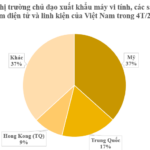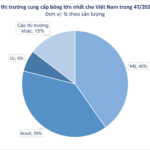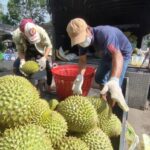On the morning of May 9th, the National Assembly discussed the draft Law on Special Consumption Tax (amended). Presenting the explanatory report, absorbing, editing, and revising, Chairman of the Committee for Economic and Financial Affairs Phan Van Mai said that air conditioners are subject to tax as they have become a common necessity for the people.
Therefore, the Standing Committee of the National Assembly agreed with the Government’s proposal to revise the draft Law, specifying that air conditioners with a capacity of 18,000 to 90,000 BTU are subject to a 10% special consumption tax.
“The draft Law does not impose taxes on air conditioners with a capacity below 18,000 BTU and above 90,000 BTU,” said Mr. Mai.
Regarding gasoline, according to the draft Law, this item continues to be on the list of items subject to special consumption tax ranging from 7% to 10%.
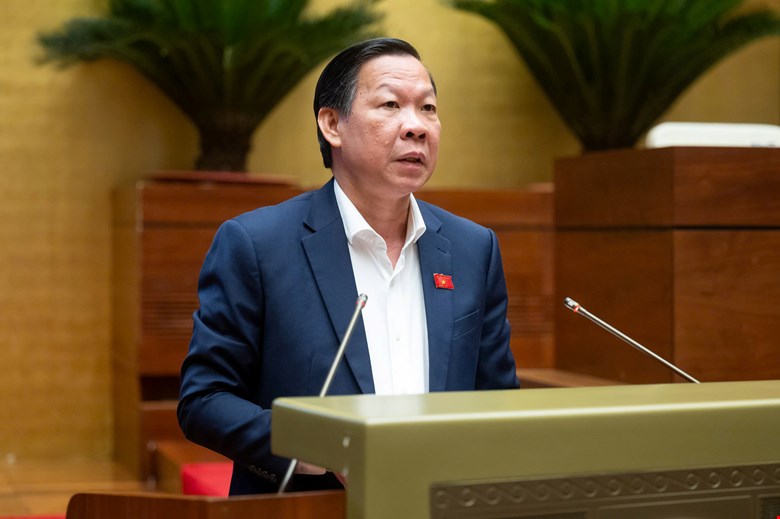
Chairman of the Committee for Economic and Financial Affairs Phan Van Mai
On the proposal to impose special consumption tax on sweetened beverages, Mr. Mai said that the proposal to tax sweetened beverages is the first step in a series of measures to limit the production and consumption of products with high sugar content in food and beverages, thereby contributing to healthier production and consumption patterns.
This is one of the main causes of obesity and non-communicable diseases related to diet. Therefore, the National Assembly Standing Committee requests the National Assembly to maintain the content as in the draft Law.
According to the draft Law, from 2027, the tax rate for this item will be 8%, and from 2028, it will increase to 10%.
Regarding goods that are not subject to tax, which are goods that have been exported abroad but need to be re-imported into Vietnam, in principle, goods exported abroad are not subject to special consumption tax. Therefore, when re-imported into Vietnam, they must be subject to special consumption tax like other imported goods.
However, in the case of goods sold through trading enterprises for export, the seller (manufacturing or importing enterprise) has already paid special consumption tax. Therefore, if it is still subject to tax when imported due to being returned by the foreign customer, this item will be taxed twice.
Therefore, to avoid double taxation on the same product, at the proposal of the Government, the National Assembly Standing Committee edited this content, clearly stating that “Exported goods that have been subject to special consumption tax and are returned from abroad when imported again” are not subject to tax.

Revising the draft Law to increase the tax rate by 3% per year and applying it from 2027 for pick-up trucks
Regarding the tax rate for pick-up trucks, the draft Law presented to the National Assembly at the 8th session proposed to increase the tax rate for this type of vehicle to 60% of the special consumption tax rate applied to cars with less than 9 seats with corresponding capacity. Specifically, the draft proposes a special consumption tax rate for cabin-type pick-up trucks: 60% of the rate for passenger cars. Thus, the new tax rate for this type of vehicle will increase from 15% – 20% – 25% to 24% – 36% – 54%.
According to Mr. Phan Van Mai, in the current situation, this regulation may significantly affect the production and business activities of enterprises and Vietnam’s investment environment.
Therefore, the National Assembly Standing Committee agreed with the Government’s proposal to revise the draft Law, specifying a 3% increase in the tax rate per year, starting in 2027 for pick-up trucks. This means reducing the rate of tax increase and extending the roadmap for tax increase compared to the previously proposed draft Law.
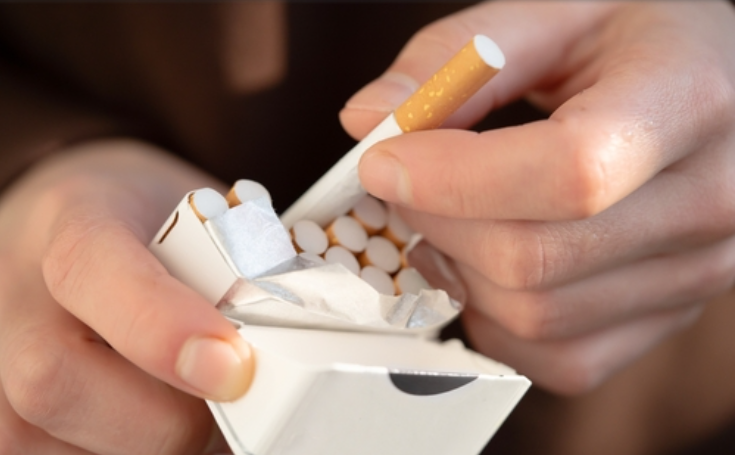
According to the latest draft Law, in 2026, the tax rate will remain at 75% with an additional VND 2,000/pack. From 2027 to 2030, the tax will increase by VND 2,000/pack each year
Regarding the tax rate for alcohol, beer, and cigarettes, according to the report, to strongly affect the selling price of goods harmful to health, reduce consumption, and overcome the serious consequences of alcohol and tobacco abuse, the draft Law presented to the National Assembly at the 8th session proposed two tax increase plans and recommended the application of Plan 2 (a more drastic tax increase plan) for alcohol, beer, and cigarettes.
However, in the current socio-economic context and with the goal of achieving at least 8% economic growth, the Government proposes to apply Plan 1 with lower tax rates than Plan 2, starting in 2027, to suit the new context and situation. Therefore, the National Assembly Standing Committee requests the National Assembly to revise the draft Law as proposed by the Government.
Specifically, in 2026, the tax rate will remain at 75% with an additional VND 2,000/pack. From 2027 to 2030, the tax will increase by VND 2,000/pack each year. By 2030, the absolute tax rate will be VND 10,000/pack.
The U.S. Invests Over $10 Billion in Vietnam’s Tech Treasures: A Tax-Exempt Deal with the World’s 5th Largest Economy
The exports of this commodity to the US surged by an impressive 58% in the first four months of the year.
Hundreds of Thousands of Tons of ‘White Gold’ from the US Arrive in Vietnam at Dirt-Cheap Prices: 5% Import Tax, 1.5 Million Tons Annual Consumption
The United States has emerged as Vietnam’s top supplier of [specific product or service], solidifying its position as a leading trade partner. With a strong presence in the Vietnamese market, American businesses have showcased their expertise and competitiveness in this sector. This development underscores the growing economic ties between the two nations and highlights the potential for further collaboration and mutual growth.
The Truth Behind Vietnam’s Durian Losing its ‘Throne’
Despite being touted as the billion-dollar industry for Vietnamese agriculture, durian exports have only achieved 20% of the target since the beginning of the year. This situation not only impacts the overall goals of the industry but also leads to a significant dip in the domestic market value of durians.




